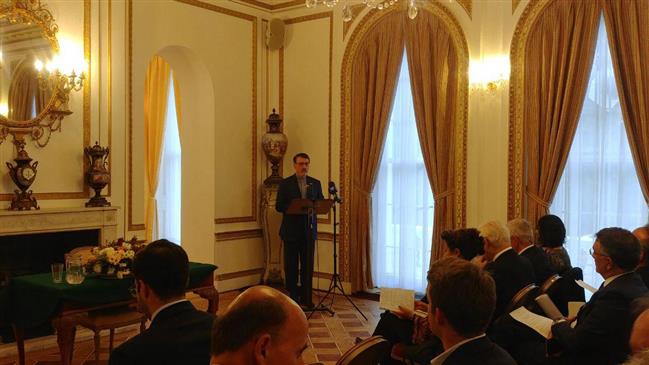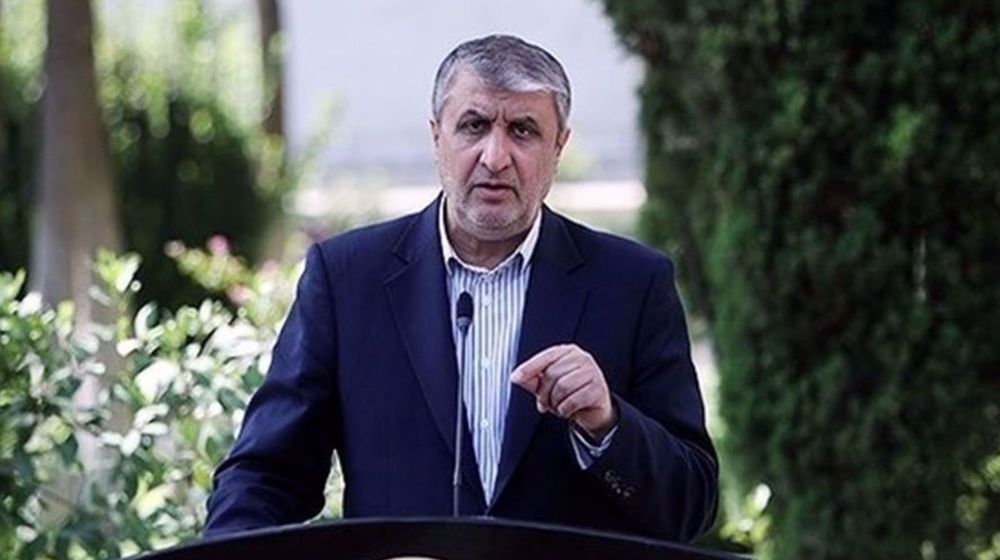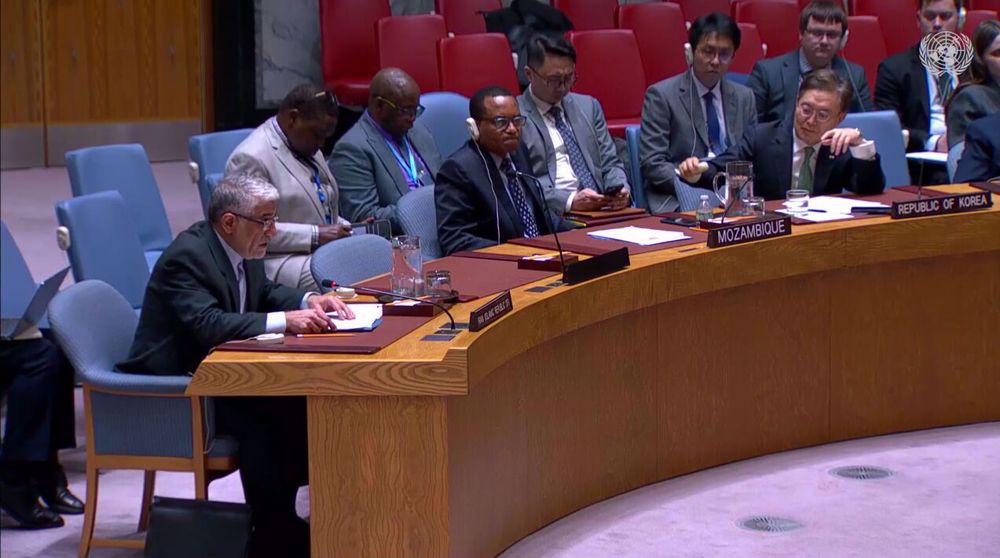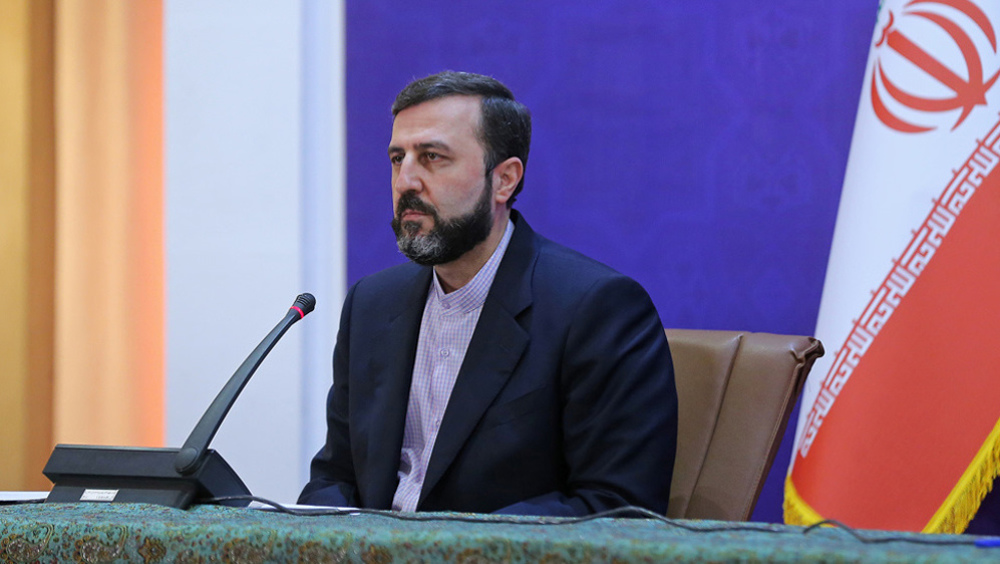‘Vindictive’ US sanctions condemned at Iran’s London embassy event
US sanctions on Iran were condemned as “vindictive” for targeting ordinary people at an Iran-Britain business event on Thursday.
The conference was organized by the British-Iranian Chamber of Commerce (BICC) which seeks to develop mutual co-operation and beneficial relations between Iran and the UK.
Iranian Ambassador Hamid Baeidinejad was one of three key speakers at the event which took place at the Iranian embassy. During his opening speech, he explained that European-Iranian relations have taken on a special political and strategic importance.
He explained that the European Union is encouraging high-level political, economic and business partnerships with Iran, and that a top European political representative was in Tehran considering ways of protecting the channel of financial and banking links between Iran and Europe.

“As I speak to you now, a high level delegation from the EU, led by a senior Germany diplomat, is in Tehran and they are discussing the mechanism to strength trade between the two."
The second speaker was Lord Lamont of Lerwick (pictured below), Chairman of the British-Iranian Chamber of Commerce and former Chancellor of the Exchequer. He emphasized how the international community was keen to defend the 2015 Iran nuclear deal, known as the JCPOA.

"The UK and EU have been very keen to keep the JCPOA. It is worthwhile because it increases the sense of security and creates a platform for further dialogue on other issues.”
Lord Lamont, who recently visited Iran, said: "Sanctions, when used as a weapon, can be overused and sanctions against Iran are very much targeting the poorer people."
Lord Lamont added: "The EU has been talking to Asian buyers of Iranian oil so they can encourage them to buy more. A bright future for Iran is there if we can get through the initial difficulty. I believe Iran can do that."
Meanwhile, Jack Straw (pictured below), the former British Foreign Minister also spoke last the event, describing the current US sanctions on Iran as "vindictive" in nature.

"If you are a poor person in the Iranian countryside, sanctions make sure supplies, such as medical supplies, are not available.”
Straw made it clear that "there is a determination by the International community to make sure that these (anti-Iran) sanctions don’t work.”
"The US has to be shown the consequences of actions of this kind, but it will take time,” he said.

On November 4 the US will implement further economic sanctions on Iran. These sanctions have been criticized for the effect they may have on civilians. Prominent members of the Trump administration, including National Security Advisor John Bolton, have made no secret of their desire for “regime change" in Iran.

At the same time, EU powers are engaged in talks over launching a new payment channel that would enable European companies to trade with Iran as part of efforts to defy US sanctions against the Islamic Republic.
Relentless Israeli ceasefire violations justify need for self-defense: Lebanese MP
Tel Aviv tells Damascus Israeli forces will remain in occupied territory: Report
Dec. 22: ‘Axis of Resistance’ operations against Israeli occupation
‘Abhorrent’: Oxfam says only 12 trucks delivered aid in North Gaza since Oct.
VIDEO | Leader receives religious eulogists on Hazrat Fatima birth anniv.
Pope Francis slams Israel’s ‘machine-gunning’ of Gaza children
US hostage-taking of Iranian nationals violation of intl. law: Deputy FM
VIDEO | Carol Singers for Palestine on London’s Parliament Square










 This makes it easy to access the Press TV website
This makes it easy to access the Press TV website